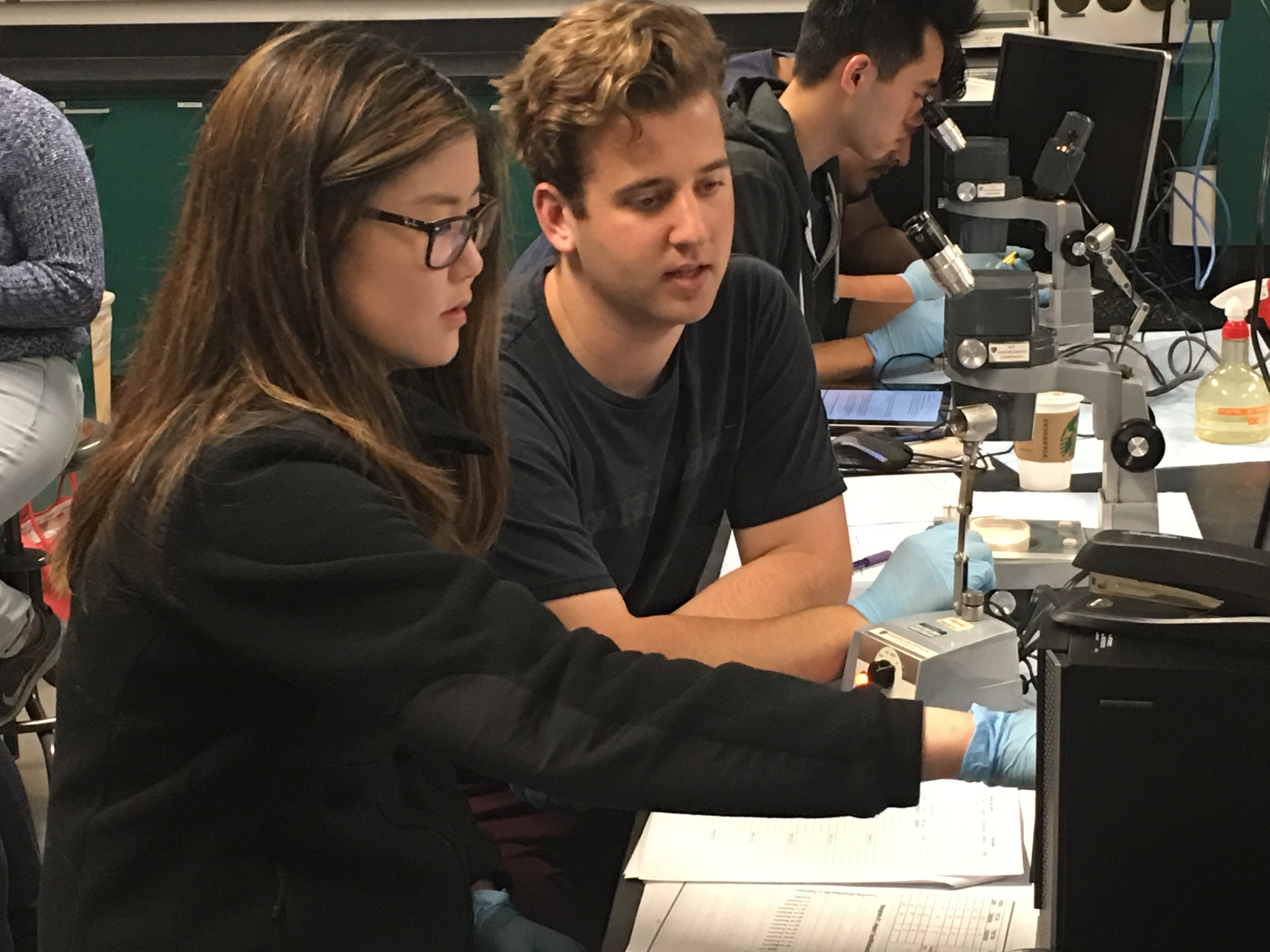Click below to read about each course!
Following completion of the Human Biology Major, students will be able to…
- Understand the physiology, causality and treatment options for intrinsic and extrinsic diseases as well as disorders of the brain.
- Become familiar with concepts of residential segregation, global inequality, absolute & relative poverty as well as upward and downward mobility as they relate to human health.
- Appreciate and be able to identify healthcare disparities based on perception, prejudice, bias, discrimination and ethnocentrism.
- Synthesize information about patient demographics and presenting symptoms in order to reach an informed diagnosis.
- Relate to the ethical considerations and dilemmas that face clinicians, research scientists and drug developers.
- Evaluate healthcare risks and challenges as they relate to global economies, cultural opinions and environment.
- Extrapolate information from clinical research publications and relate new findings to accepted knowledge.


